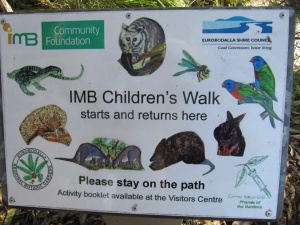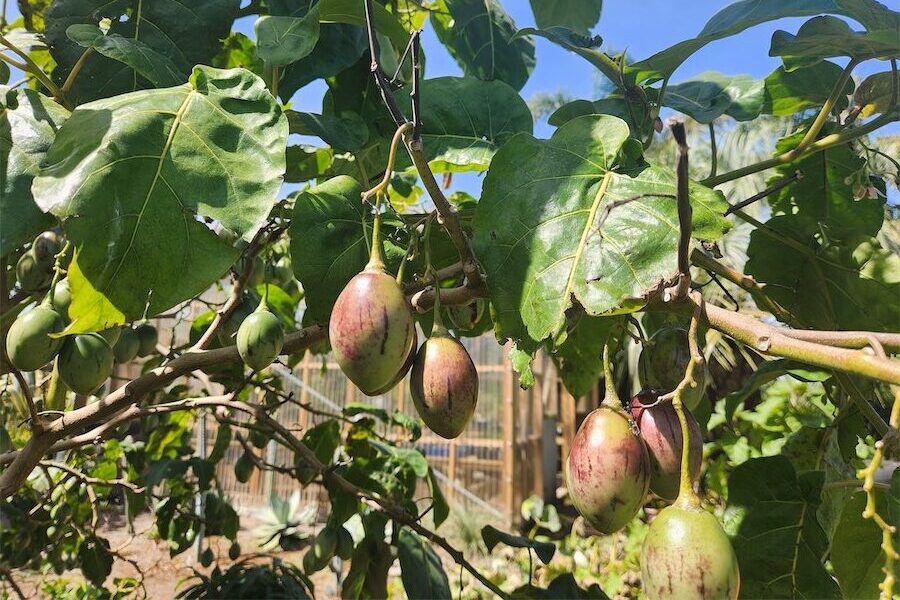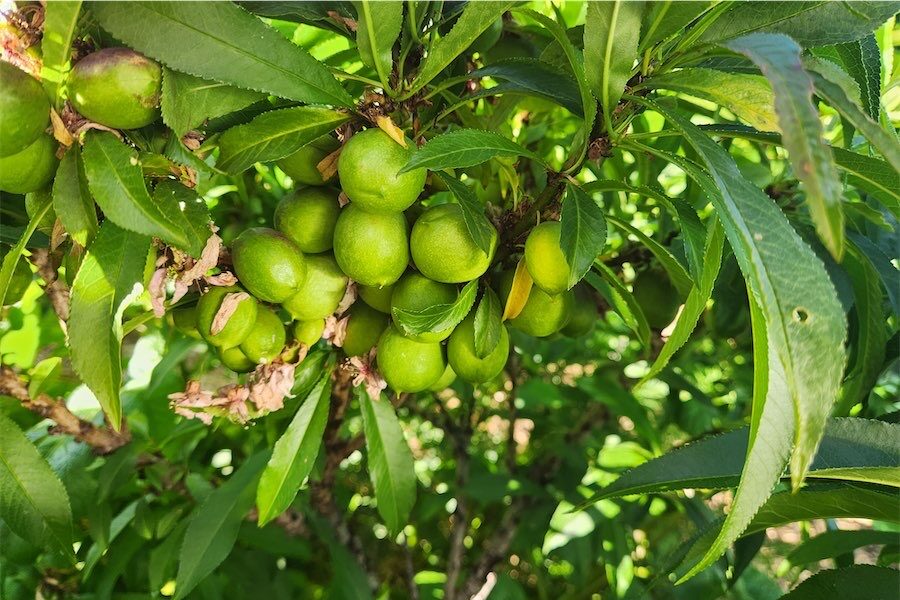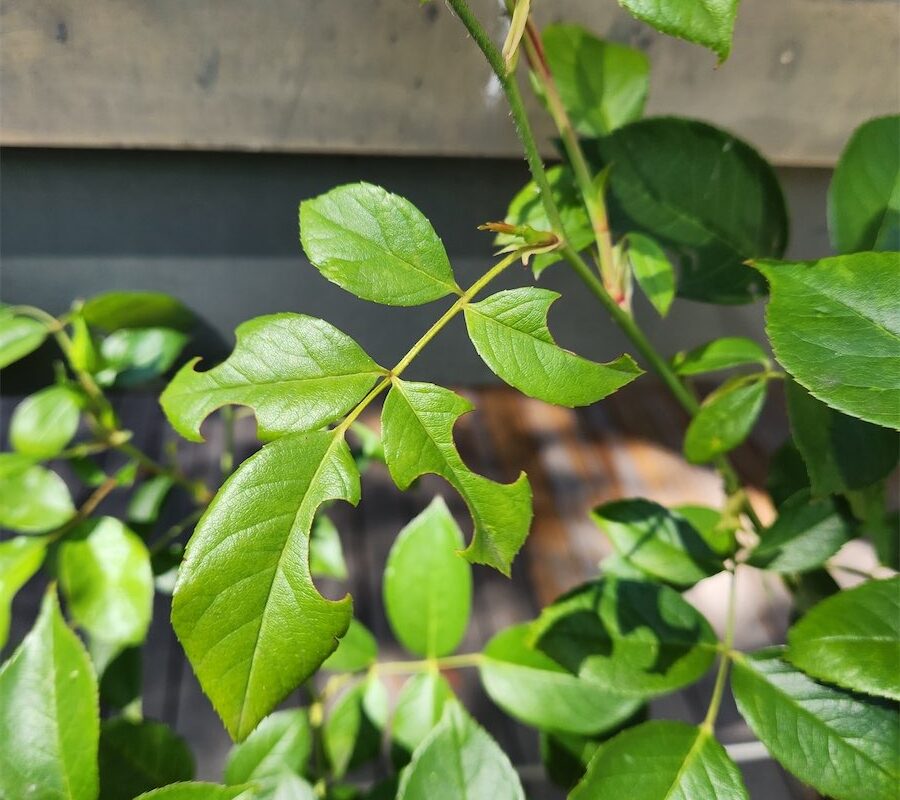IT is so important to expose children to our native flora and fauna from an early age, and the Eurobodalla Botanic Gardens is a good place to start.
The entrance is well-signposted, five kilometres on the Princes Highway from Batemans Bay, just before Mogo.
So while rain and snow threatened the city, it was a different story at the gardens, sitting in the sun enjoying coffee at the Chef’s Cap café with the wonderful sound of children in the background playing in the garden’s brilliant playground, which has play structures not seen anywhere else in Australia.

You may be lucky enough to see the big goannas and a bird hide is the ideal place to see the large range of birds, especially many varieties of water birds.
For people with disabilities, the Rotary Disability Track runs alongside the children’s playground. The nursery has a great display of plants for sale, all propagated by the Friends of the Gardens.
Incidentally, if you are retiring to the coast and would like to meet like-minded gardeners the Friends have more than 100 members, more than almost any other botanic gardens.
The Eurobodalla Botanic Gardens is open Wednesday to Sunday, 9am-4pm or daily during NSW school holidays. Entry is free. More information at erbg.org.au
RECENTLY, I have had questions from readers on the value of animal manures, most of which are gathered from under shearing sheds (sheep manure), paddocks (cows) or stables (horses).
If they have been exposed to the weather for a period of time, there is very little nutrient value in them. On the other hand, they are excellent for improving clay soil, especially if mixed with washed river sand. Alternatively, add it to the compost heap to hasten the decomposition process.
I may be biased, coming from a dairy farm, but I consider cow manure is the best for several reasons: cows chew the cud and grind everything, including seeds, to pulp making the end result (pun intended) weed free.
Cow manure breaks down in the garden very quickly, while horse manure – depending on the feed – can result in a wonderful crop of oats! Those small pebbles of sheep manure can take a long time to break down, plus you are likely to get a good crop of weeds.
Depending on the animal feed, not all manures can be classed as organic with many supplements added, especially if the stock is bred in enclosed conditions. For this reason, chook manure from battery hens is not classed as organic.
Chook manure is classed as a “hot”, having a high concentration of lime and ammonia, and should not be used near acid-loving plants such as camellia, Daphne, azalea and all Aussie plants
AS we start the last month of winter, with the wattle in bloom and jonquils heralding spring, here are a few things to take us into the garden:
- Cut back old foliage of deciduous grasses such as Miscanthus. Yes, the foliage turning brown is the same as trees losing their leaves.
- With the mild weather continuing, keep an eye out for snails. Use organic and safer-for-pets Multicrop Slug and Snail Killer.
- Prune summer flowering shrubs such as Buddleia very hard.
- Tip prune Camellia sasanqua if they have finished flowering to encourage more bushy growth for more flowers next year. If very scraggly, hard prune by reducing the plant by up to one third.
- If you have blackcurrants, prune back a quarter of the old growth down to ground level.
TOP PICTURE: Winter flowering Epacris compressa at the coast gardens.
Who can be trusted?
In a world of spin and confusion, there’s never been a more important time to support independent journalism in Canberra.
If you trust our work online and want to enforce the power of independent voices, I invite you to make a small contribution.
Every dollar of support is invested back into our journalism to help keep citynews.com.au strong and free.
Thank you,
Ian Meikle, editor




Leave a Reply